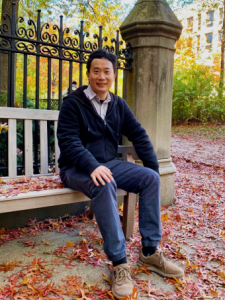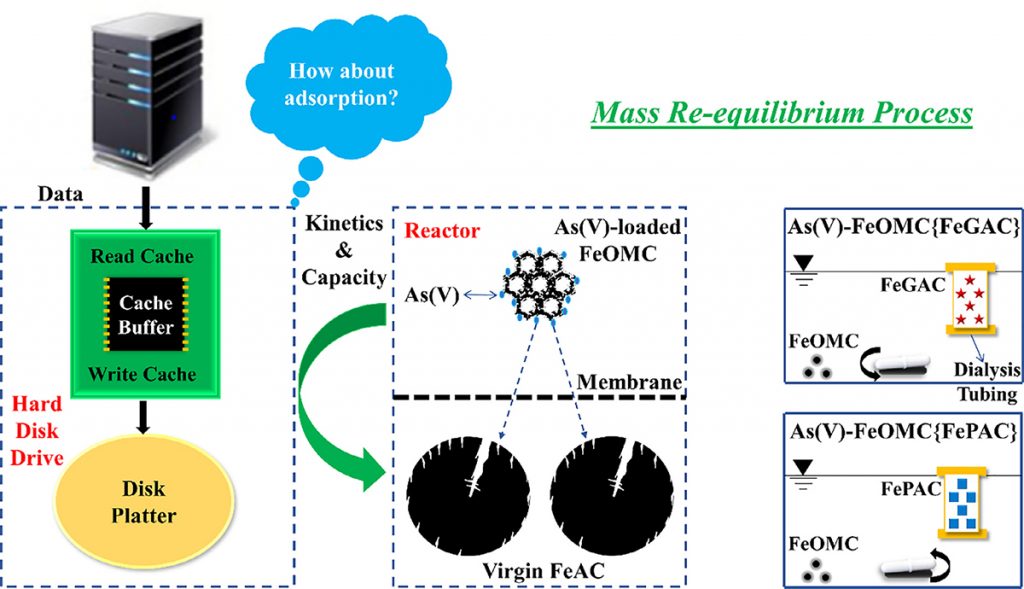May 10, 2021

A research team led by Mizzou Engineers recently published an article on how to potentially remove arsenic from ground water more efficiently with less expense for household use.
Professor Baolin Deng, with lead author Zhengyang “Philip” Wang, an MU doctorial graduate, produced a proof-of-concept over-the-counter water filter that uses a new mass re-equilibrium process to remove arsenic from water.
The filter uses two materials that allow toxic arsenic to more quickly transfer between iron-containing carbons that have different adsorption rates. At the same time, the potential filter would have high capacity.
“We don’t want people to have to replace the filter every day or week,” Deng said. “Hopefully, you would not need to change it for six months.”

Arsenic is a naturally occurring ground element in many areas around the world. It also exists in Missouri along the old Cotton Belt due to the historical use of arsenic pesticides. Removing arsenic from drinking water is essential for improved health. However, removing it needs to be efficient.
“No one is going to wait five minutes for a glass of water,” Deng said. “That’s why it’s important for processing to be quick. Probably no more than 30 seconds.”
Removing arsenic from a water supply can be problematic for those in rural areas who do not have modern infrastructure. If arsenic is not removed, long-term ingestion can lead to skin cancer and other severe health effects.

Although there are no immediate plans to follow-up this research or to create a prototype water filter, Wang speculates he may explore ways to use this research in agricultural settings.
Even though the focus of this study was for use in drinking water, removing arsenic from water used at farms would make crops healthier for consumption. The research suggests this innovative filter design concept could help remove lead and other contaminants more efficiently from water as well.
Deng is the director of the Missouri Water Resource Research Center at the MU College of Engineering. He has joint appointments in civil and environmental engineering, and biomedical, biological and chemical engineering. Wang graduated from Mizzou with a doctorate in environmental engineering and is currently at the Connecticut Agricultural Experiment Station as a postdoctoral scientist.